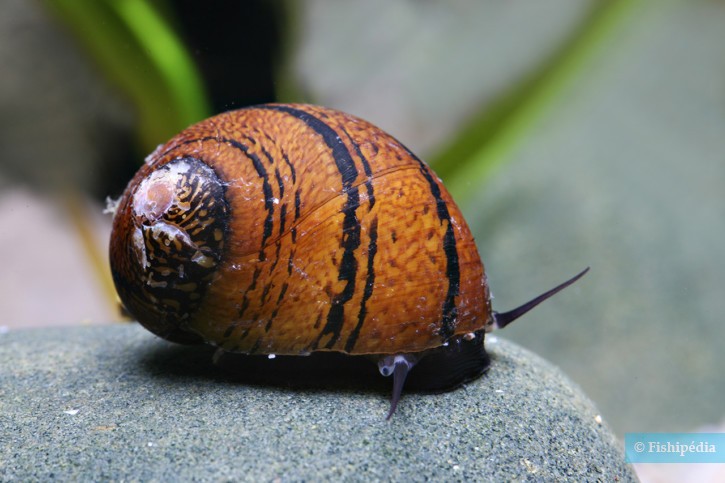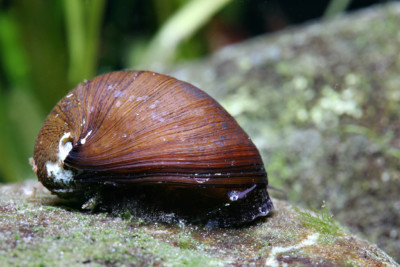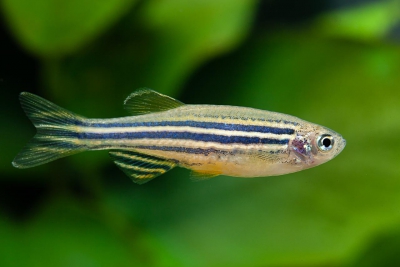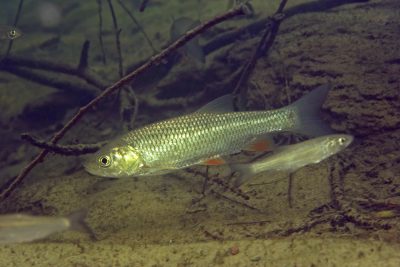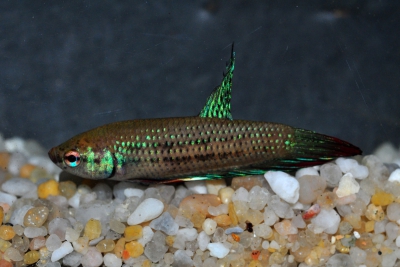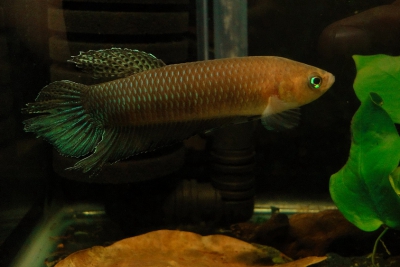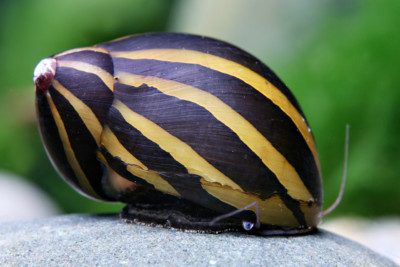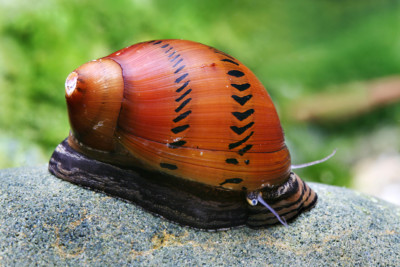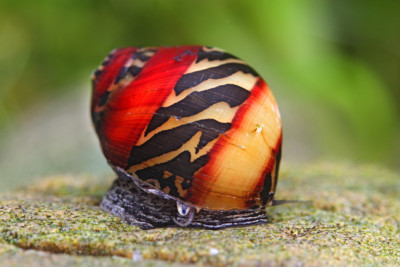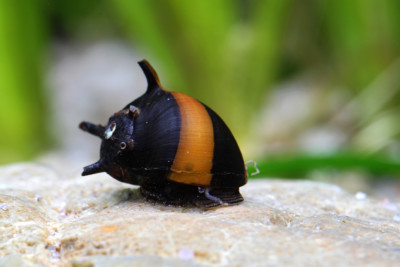Neritodryas sp. Batik
| Scientific name | Neritodryas sp. Batik |
|---|---|
| Descriptor | non décrit |
| IUCN category (World) | NE |
| Family | Neritidae |
| Genus | Neritodryas |
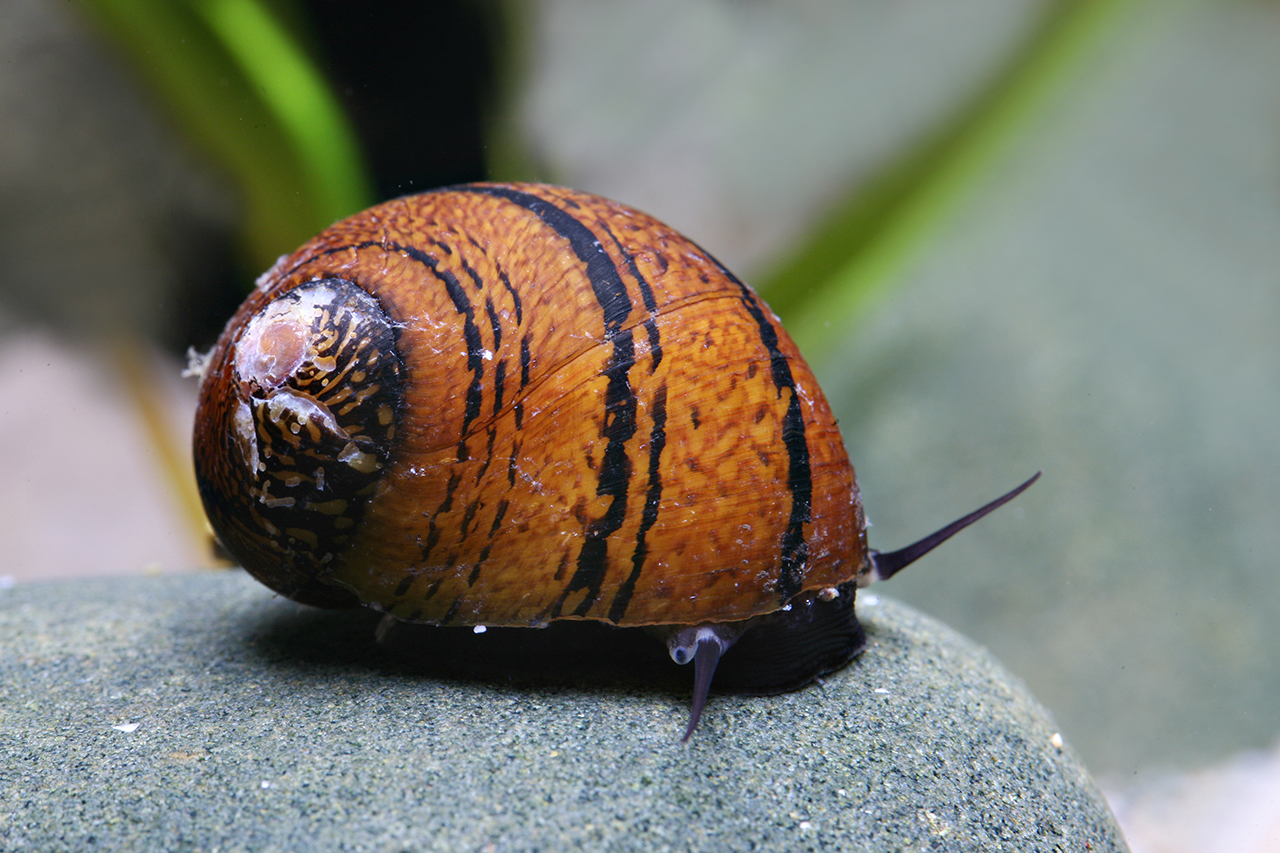

Introduction
Neritodryas sp. Batik is a little fresh water and brackish water mollusc from the Asia.
This sheet is currently being prepared. The texts currently proposed come from our data model or are being drafted. To request priority for this content, you can write to us HERE.
Who is it?
Morphology
-
Type
-
Size2 - 3 cm
-
Coloursdull
-
Mimicryleaf
-
Type of mouthradula
-
ChromatophoresNo
-
Motifmultiple
-
Type
-
Size2 - 3 cm
-
Coloursdull
-
Mimicryleaf
-
Type of mouthradula
-
ChromatophoresNo
-
Motifmultiple
How to recognize This mollusc ?
Neritodryas sp. Batik measures between 2 and 3 cm. Given its small size, this species is commonly referred to as a "dwarf" animal. This mollusc is bicolore with a predominantly jaune, orange, noir and marron body. The also has multiple.
Behaviour & Life cycle
-
SociabilityThe following information corresponds to the mode of sociability once sexual maturity has been reached.living in a group or alone
-
Way of livingdiurnalAn animal is said to be diurnal when it lives during the day.
-
VenomousNo
-
Dietgrazer
Neritodryas sp. Batik is a mollusc living in a group or alone naturally found in the vegetation. This species is scavenger . Measuring only a few centimeters, this small species tends to be discreet and hide in the presence of larger neighbors.
n general, this species does not care much about other animals crossing its path.
Reproduction
-
Reproductionovipare
-
Migratory speciesYes
Neritodryas sp. Batik is a mollusc ovipare. This species is amphidromous. It gives birth to larvae in fresh water which are immediately carried by the current of the rivers to the sea. These develop in salt water until a juvenile stage and then migrate from the sea to the interior of the land to continue their growth.
Harmless species
This species does not represent any particular threats to humans when encountered in its natural environment.
Origin and distribution
Conservation status of populations (IUCN)
What is its habitat?
Natural environment characteristics
-
Temperature20 - 35 °C
-
pH (acidity)7 - 8.5
Biotope presentation
Neritodryas sp. Batik is most often found at a depth between 0m and 1m. However, it is not impossible to find this species at other depths. This animal evolves in areas characterized by a strong presence of vegetation (aquatic and marsh plants, decaying organic matter, roots...). It is particularly observed near clusters of leaves or plants where it finds food and shelter in case of danger.
This species lives near large roots, in which it can find refuge in case of danger. This type of habitat is often found not far from the banks.
Species of the same biotope
Fishkeeping
Not recommended
We do not recommend keeping this species in an aquarium. It has unpredictable needs which, if not met, generate significant stress, potentially leading to a shorter life expectancy, an interruption of its growth or the development of pathogens.
To go further
Sources & Contributions
Participation & Validation
The Fishipedia team and specialist contributors are committed to providing high-quality content. However, although the information comes from scientific sources or testimonials from specialists, the cards may contain inaccuracies.
Translation
Translation done with the valuable contribution of our translators, who make this information available to a wider audience. We sincerely thank them for their commitment.
Bibliographic references
Taxonomy and Distribution of the Neritidae (Mollusca: Gastropoda) in Singapore - Siong Kiat Tan - Reuben Clements - Zoological Studies - 2008.
A new species of Neritodryas (Gastropoda, Neritimorpha, Neritidae) from the Ypresian (Eocene) of the Paris Basin - Malcolm Francis Symonds - Cainozoic Research - 2016.
Scientific partners
Species of the same family
Species of the same biotope
